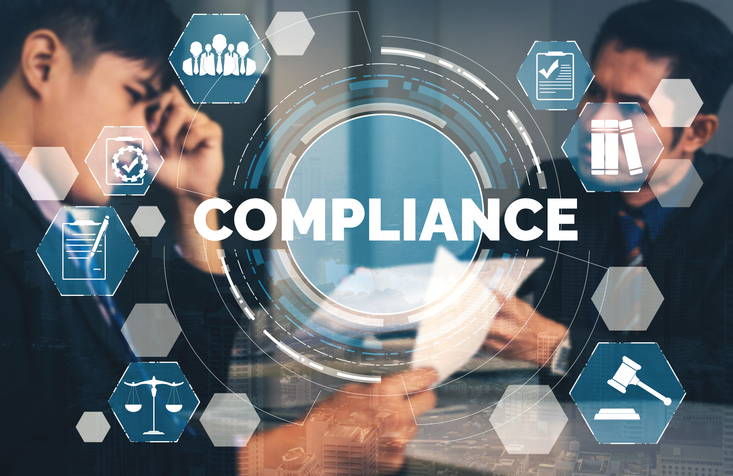Ensuring HIPAA compliance isn’t just a legal obligation—it’s a vital component of building a secure and trustworthy workplace and healthcare practice. For HR and Compliance teams, implementing effective policies is key to protecting employees’ sensitive health information and maintaining organizational integrity. From safeguarding data access to training employees on confidentiality best practices, HR plays a pivotal role in creating a compliant and secure environment.
Why HIPAA Compliance Matters for HR
The Health Insurance Portability and Accountability Act (HIPAA) sets strict standards for protecting employees’ protected health information (PHI). HR teams often manage sensitive data as part of employee benefits, wellness programs, or leave policies. Mishandling this data can result in severe penalties, breaches of trust, and reputational harm to the organization.
Implementing clear, actionable HR policies ensures compliance and empowers employees to handle PHI responsibly while minimizing risks.

Essential HR Policies for HIPAA Compliance
- Access Control and Data Security
Limit access to PHI strictly to authorized personnel. Role-based access policies ensure employees can only view the data necessary for their job functions. Regular audits should be conducted to review access levels and update permissions as roles change. - Employee Confidentiality Agreements
Require all employees, especially those handling PHI, to sign confidentiality agreements. These agreements should outline their responsibilities in protecting sensitive information and clearly state the consequences of non-compliance. - Policy on Data Sharing and Transfers
Create specific guidelines on how PHI can be shared, both internally and externally. Emphasize the use of secure communication channels and the importance of obtaining proper authorizations before sharing data. - Breach Notification Procedures
Develop a detailed incident response plan that includes steps for identifying, containing, and reporting breaches. This policy should comply with HIPAA’s breach notification requirements and ensure timely communication with affected individuals and authorities. - Retention and Disposal of PHI
Establish clear protocols for the retention and secure disposal of sensitive health information. Define retention periods and ensure that data is destroyed securely once it is no longer needed.
Training Programs: Building Awareness and Accountability
Implementing HR policies alone isn’t enough—employees must understand and adhere to these guidelines. Regular HIPAA training ensures all staff are aware of their responsibilities and the impact of mishandling PHI. Key training topics should include:
- Recognizing PHI and understanding its importance.
- Proper use of secure systems for storing and sharing data.
- Responding to suspected breaches and incidents.
Consider offering role-specific training for employees who handle PHI regularly and refresher courses to keep all staff updated on best practices and regulatory changes.
Building a Culture of Compliance
By prioritizing HIPAA compliance through robust HR policies and training programs, HR teams can foster a workplace culture rooted in trust and accountability. When employees see their sensitive information being handled with care, it strengthens their confidence in the organization and reinforces the importance of confidentiality across all levels.
To remain compliant, HR teams should continuously evaluate and update their policies in response to new challenges and regulations. With the right strategies in place, navigating HIPAA compliance becomes not just a requirement but an opportunity to build a safer, more ethical workplace.
Does your organization have the right HR policies in place to ensure HIPAA compliance? Learn more about how Emtrain can help empower your team with compliance training and tools.








